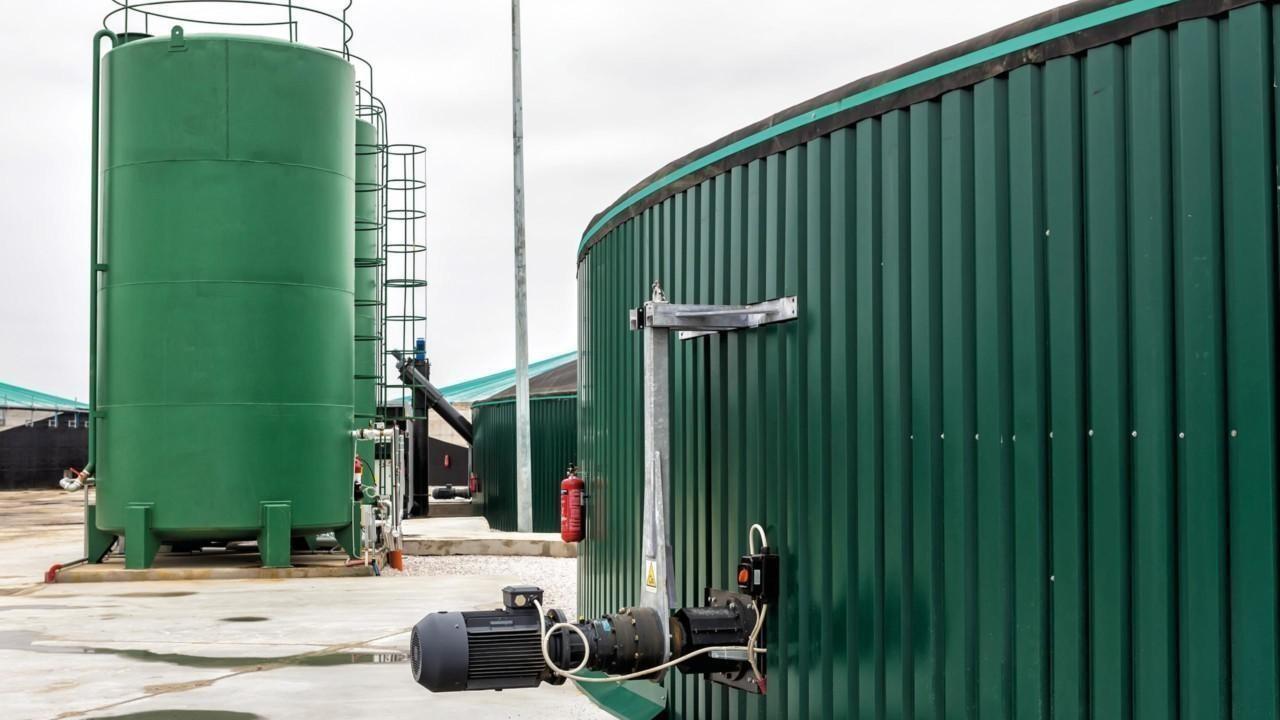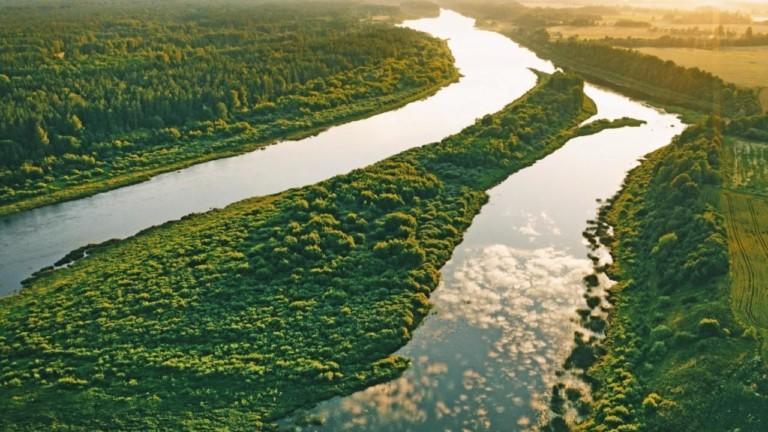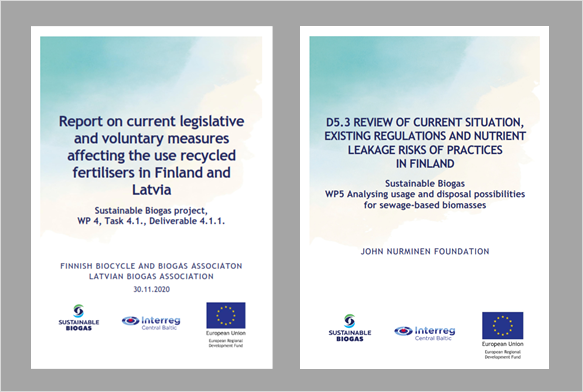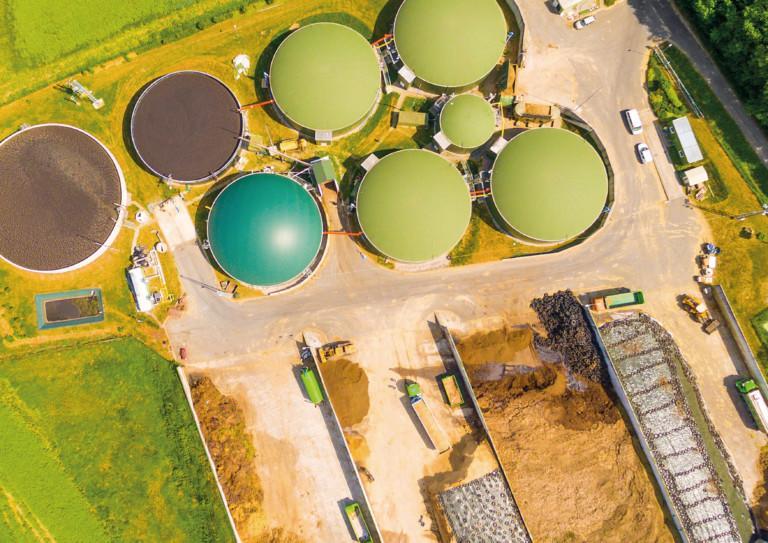An online seminar-discussion Sustainable biogas in Latvia and Europe: Proposals to improve nutrient management and environmental protection took place on the 30th of May. The presenters from Latvian State Environmental Services and Latvian Biogas Association informed stakeholders on project results and the proposals on improving nutrient management and a few other environmental protection practices in biogas stations and digestate use. The participants could ask questions that were answered after the presentations, and discussions ensued as needed.
Anete Kalniņa, project expert from LSES informed the participants on a comprehensive approach to nutrient monitoring and the planning of new biogas plants. Nutrient levels in soil should be taken into account when planning new biogas stations. They can also be used to reach the environmental policies set by the EU and the Latvian government.
Imants Plūme, project expert from LSES, presented on sustainable nutrient management in biogas plants. The more technical presentation showed the bad and good practices in biogas stations pertaining to nutrient management, with emphasis on silage effluent as it can have fast and devastating effect on local waterways.
Baiba Brice, project manager from Latvian Biogas Association informed about sustainable digestate use and management. She went over the statistics and practices of digestate storage, preparation and use. Emphasis was put on how a high quality digestate can be sold thus increasing the financial viability of biogas stations.
Alise Sieriņa, Project manager from LSES, talked about institutional monitoring of biogas plants and digestate use in the context of nutrients. She went over the existing permit and inspection procedures and what could be improved in the process, as well as the need for biomass calculation in municipalities and the need for better education on nutrient management organised by the authorities.
Lastly Andis Kārkliņš, Member of the Board of the Latvian Biogas Association, presented on the future of biogas in Latvia. He told about the history and possible future of biogas industry in Latvia, taking into account the existing energy crisis and biomethane need in fulfilling some EU environmental policies.
After the presentations, the questions given by the participants were answered. Some ensued further discussions. Most proposals got no resistance from the stakeholders. The only exception was about increasing the rules of how and when digestate can be used. Digestate is an organic fertiliser with non-homogenous nutrient content, which differs from batch to batch produced by the biogas station. This makes it hard to use precise agriculture techniques without frequent tests which are very expensive for Latvian farmers. The feedback was taken into account when making the final proposals and guidelines.




